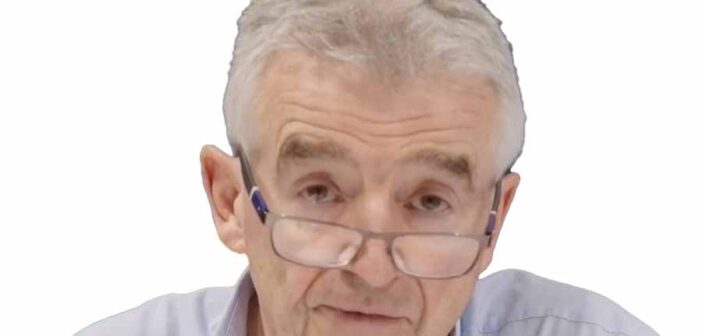
The Ryanair AGM was led by Michael O’Leary and finance chief Neil Sorahan. In line with standard practice, shareholders first considered the financial statements for the year ended 31 March 2025, which painted a picture of robust recovery but tempered growth, with full-year profits dipping 16 per cent to around €1.4bn due to softer fares and elevated costs.
The remuneration report, outlining executive pay packages that have long drawn scrutiny, secured approval from 97 per cent of voters, while the declaration of a final dividend of €0.227 per ordinary share – payable on 18 September to those on the register as of 8 August – and the adoption of the accounts both garnered unanimous 100 per cent backing.
Resolutions on director re-elections, including the rotation of one-third of the board as mandated by the articles of association, and authorities for share allotments and disapplication of pre-emption rights also passed with substantial majorities, typically exceeding 99 per cent, underscoring strong investor confidence despite the profit dip.
During the question-and-answer session, O’Leary fielded a flurry of queries on everything from fare pressures to expansion barriers. Addressing the airline’s fiscal performance, O’Leary revealed plans to ferry 206m passengers this fiscal year, a 10 per cent hike from the prior year’s 184m, signalling aggressive growth ambitions even as average fares are expected to recover only partially from last year’s seven per cent decline.
He attributed the fare softness to intensified competition and macroeconomic headwinds but expressed optimism that yields would stabilise, potentially lifting revenues to €14.5bn. On the topic of Boeing deliveries, a cornerstone of Ryanair’s fleet modernisation, O’Leary noted delays but reaffirmed commitments to integrate more 737 MAX jets, aiming to maintain one of Europe’s youngest fleets while navigating supply chain snarls exacerbated by the ongoing Russia-Ukraine conflict, which he warned could prolong industry volatility for years.
A major bone of contention was the persistent 32m passenger cap at Dublin Airport, which O’Leary lambasted as a “government-imposed stranglehold” stifling growth at Ryanair’s home base. He accused Irish authorities of doing “nothing” to lift the restriction, despite booming demand, and announced plans for a judicial review to challenge the night-flight curfew ruling that underpins it, vowing to fight what he called an “unedifying” barrier to connectivity and jobs. Shareholders nodded in agreement as O’Leary argued that the cap, rooted in environmental concerns, was outdated and economically damaging, potentially costing the Irish economy thousands of euro in lost tourism revenue annually.
Alluding to international frictions, Mr O’Leary vented about”messing around” by Israeli airport authorities during the Gaza conflict, leading to the suspension of Tel Aviv routes since October 2023. He starkly declared that Ryanair might never resume flights to Israel, even post-ceasefire, citing mistreatment and bureaucratic hurdles that soured relations irreparably – a bold stance that drew murmurs from the floor and immediate headlines worldwide.
Turning to Spain, he slammed aviation regulator AENA’s proposed 6.62 per cent hike in airport charges – the steepest in over a decade – as “excessive” and profit-driven, warning it would jack up costs for passengers and undermine regional connectivity. O’Leary eook a swipe at Spanish officials, off-the-cuff remarking that they viewed Ryanair as a pack of “Irish knackers,” while bemoaning the needless felling of Amazonian rainforests for excessive paperwork in annual reports.
Elsewhere, O’Leary seized the opportunity to troll rival Wizz Air, gleefully announcing the closure of their Vienna base and five aircraft in March 2026, with Ryanair swooping in to offer “rescue fares” from €29.99 to fill the void – a jab that elicited chuckles from the audience and highlighted the cut-throat competition in Europe’s budget sector. Sustainability and labour issues bubbled up too, with queries on crew fatigue and overtime, though O’Leary dismissed union demands for an 8.7 per cent cut in working hours as “ridiculous,” emphasising that safety remained paramount amid overtime reliance to boost pay.
As the two-hour meeting wrapped up, the mood was one of cautious optimism, with O’Leary reiterating Ryanair’s commitment to low fares, expansion into underserved markets, and shareholder returns through dividends and buybacks.
Detailed proxy vote breakdowns, showing minimal dissent, were promptly posted on the company’s investor website, reinforcing the airline’s governance credentials. Analysts hailed the outcomes as a green light for continued investment, though they cautioned that geopolitical risks and regulatory battles could temper the projected passenger surge.




